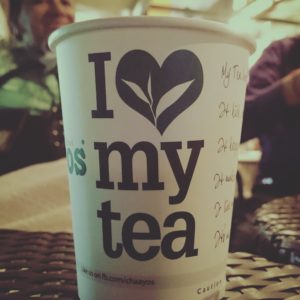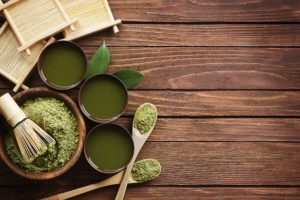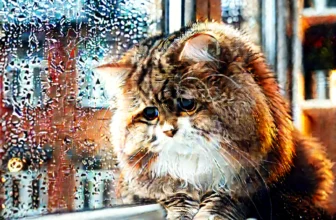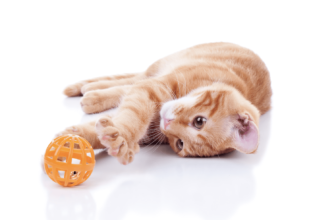Were you aware that many US individual spends an average of $1092 on coffee? Most certainly there is nothing more soothing than an early morning good cup of coffee. This modern sensation could be attributed to just one of all the ingredients that coffee has That is caffeine.
Caffeine is popular. It will give you a good boost over a long day. It’s also seen to have a lot of adverse effects on your body. One of the most likely is the possibility of addictions.
More and more people are trying to reduce and look for alternative ways to get rid of the amount of caffeine they consume this is when they are looking for a green tea extract.
Editors’ Picks Green Tea Table
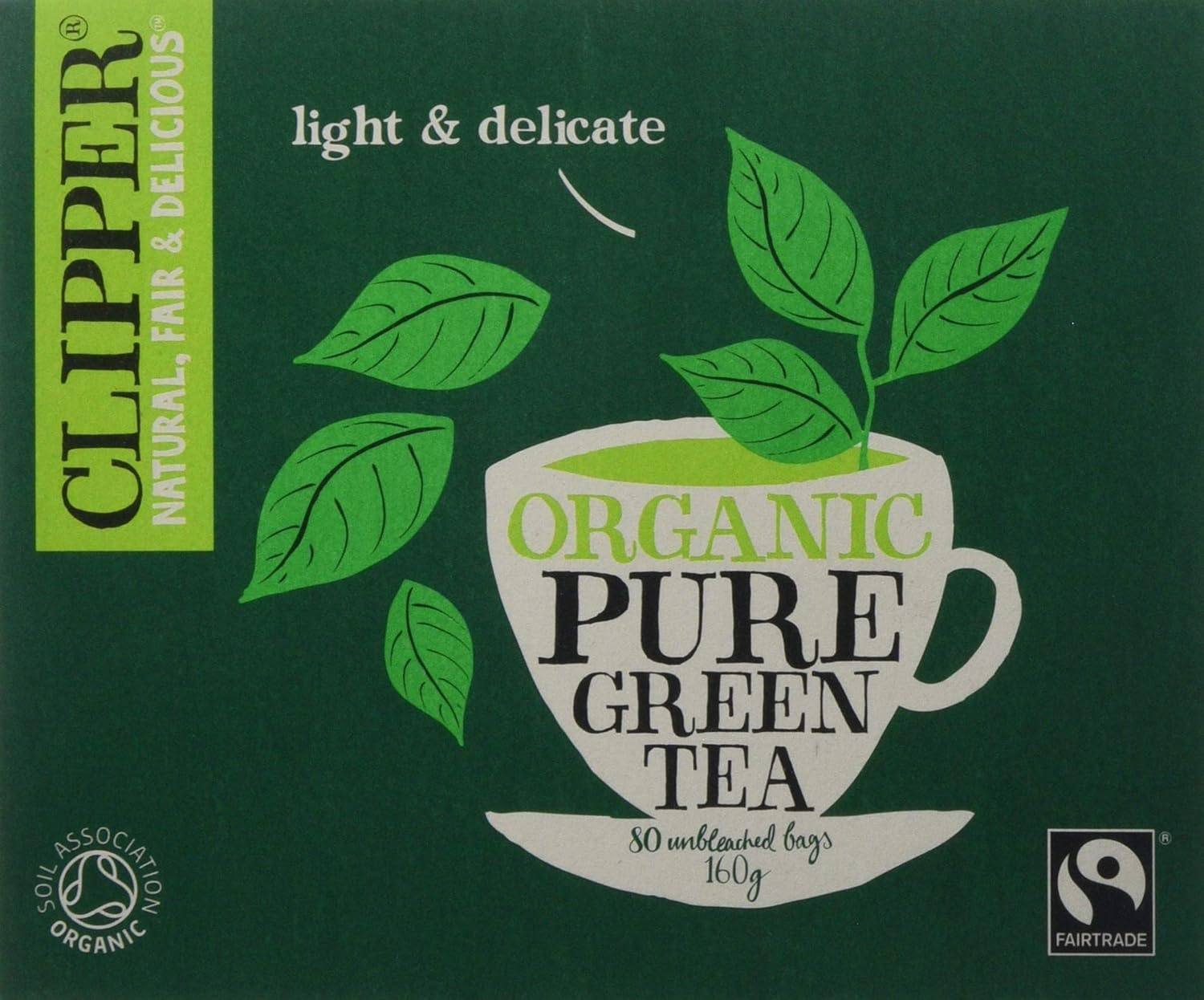
![PureChimp Matcha Green Tea Powder | Regular/Lemon/Mint/Turmeric 50g Jars [Packs of 2] | Ceremonial Grade from Japan | All Natural & Vegan | Pesticide-Free (2 x Regular )](https://lolwowl.com/storage/2023/09/purechimp-matcha-green-tea-powder-regularlemonmintturmeric-50g-jars.jpg)
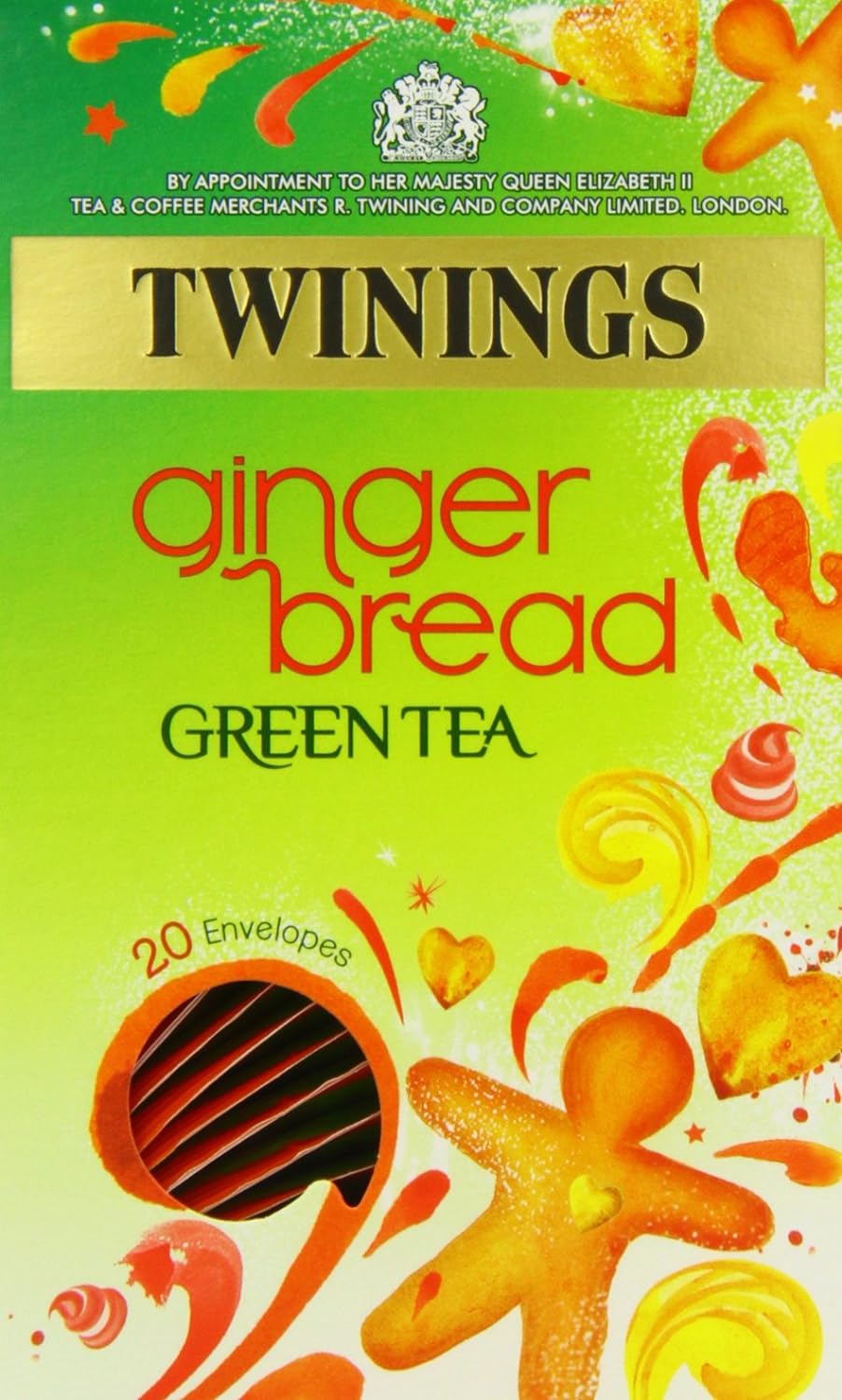
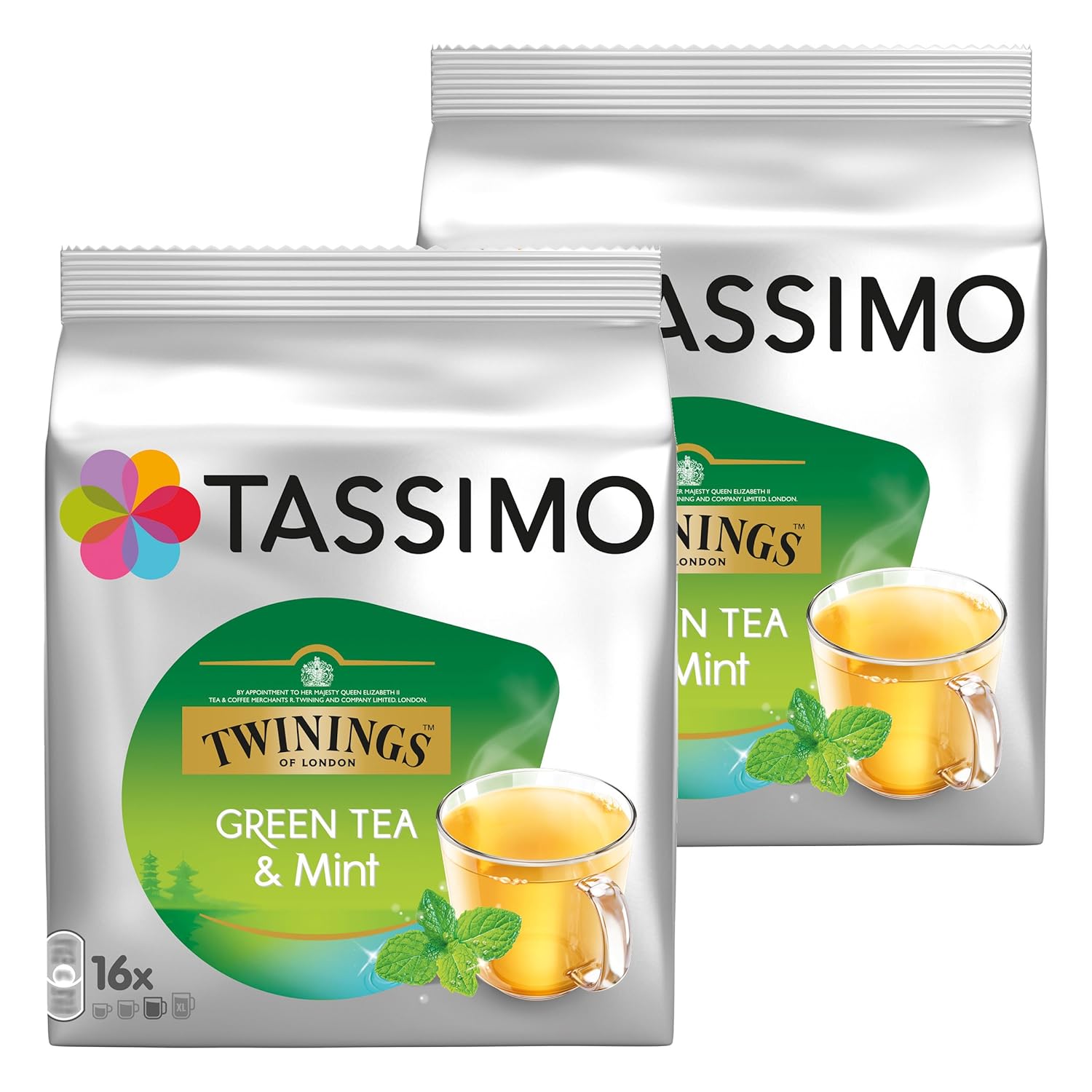
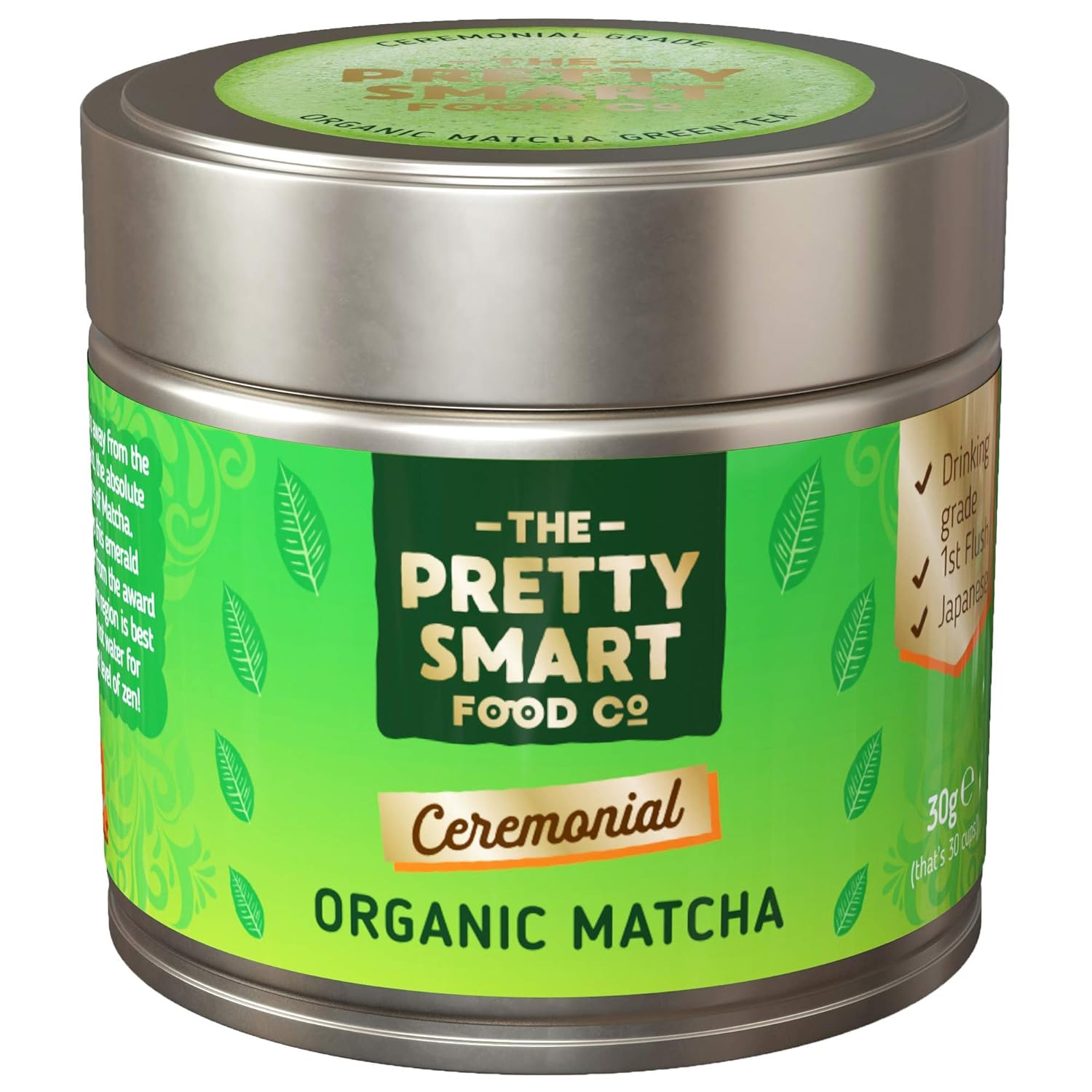
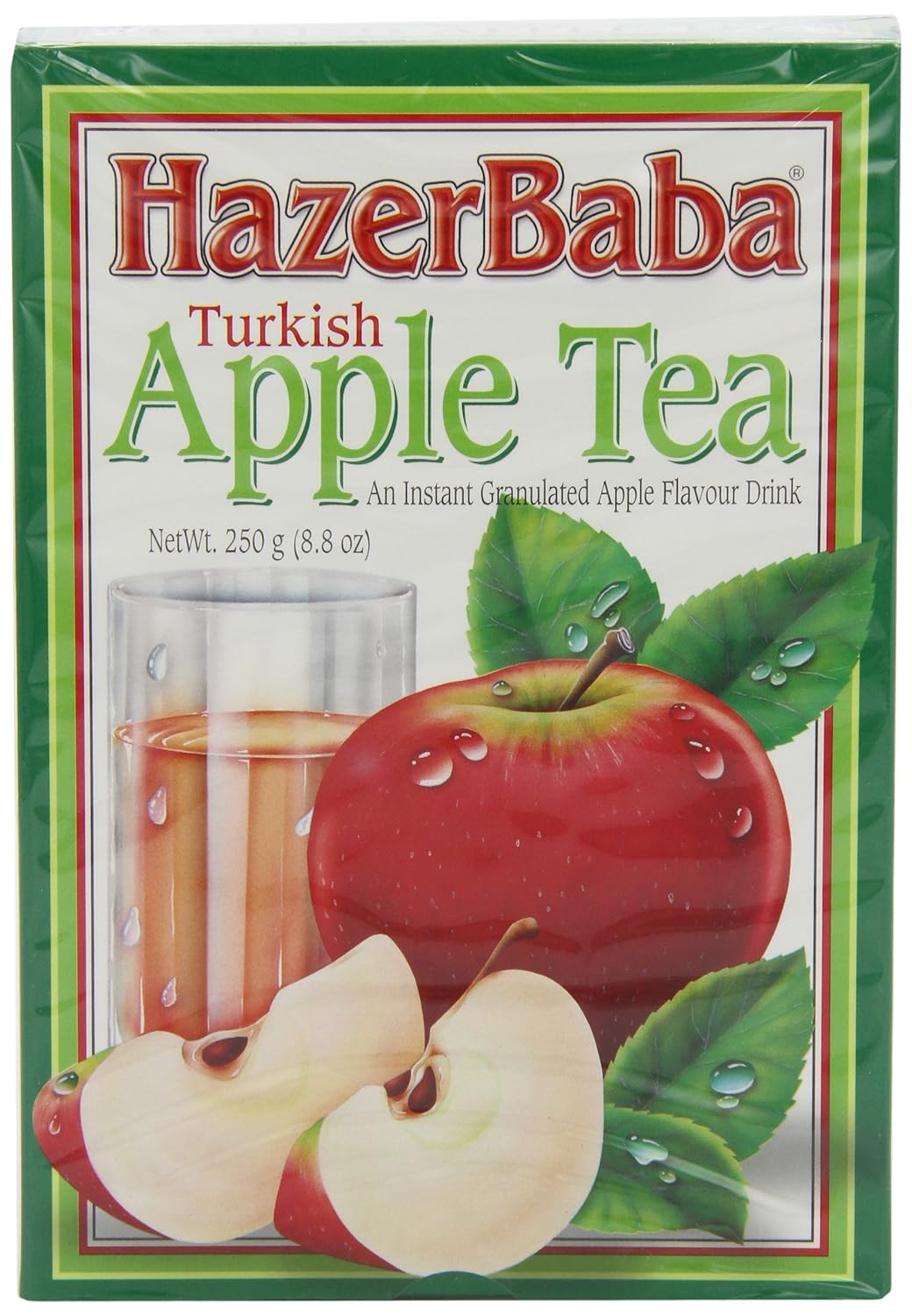
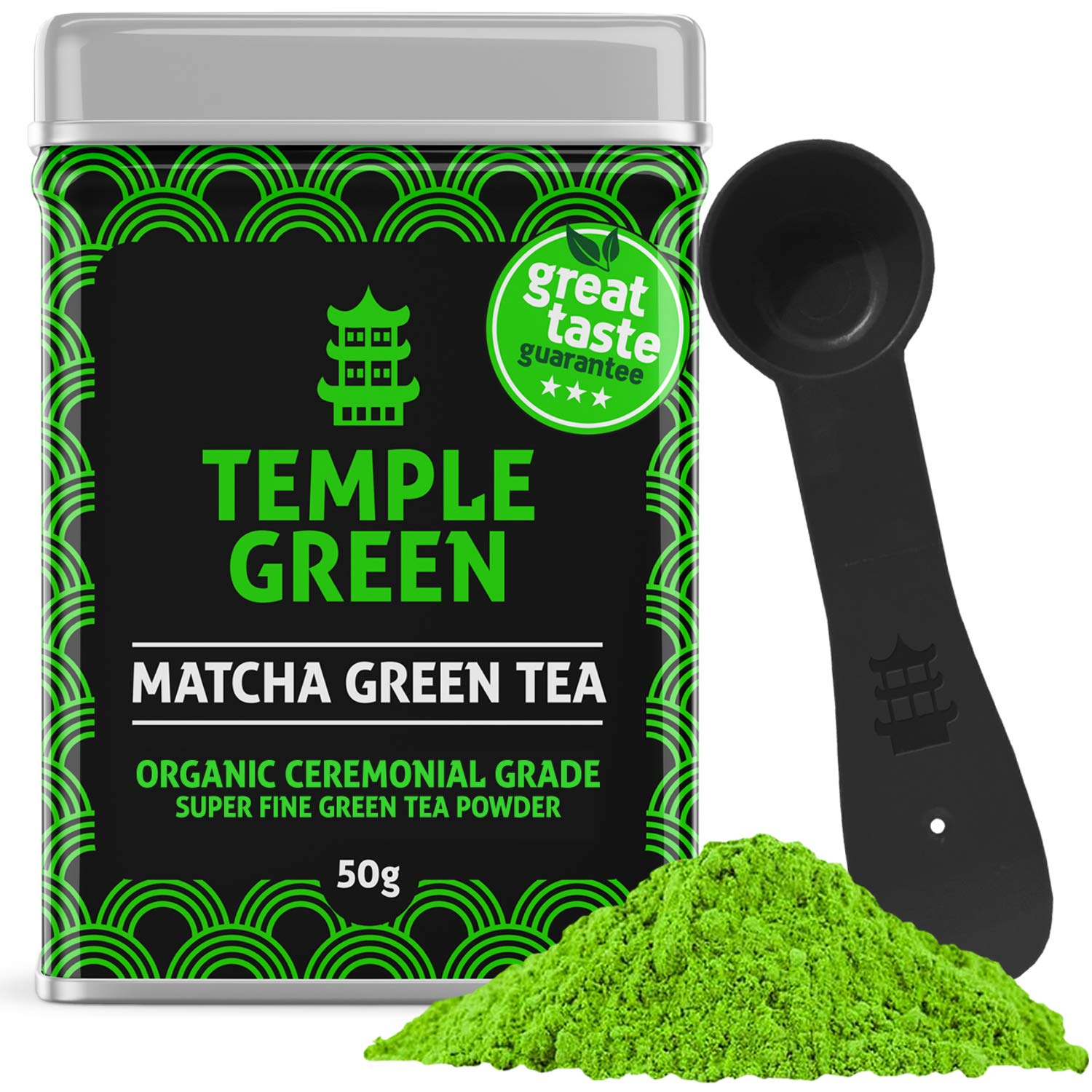
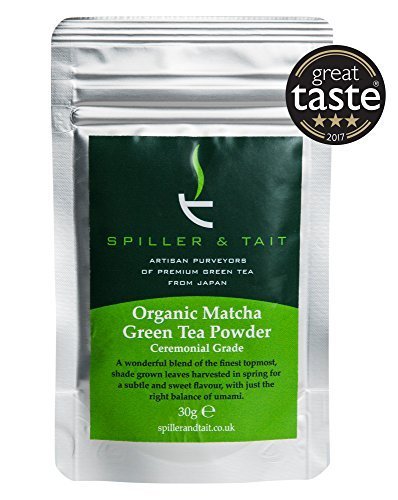
![Japanese Organic Matcha Green Tea Powder [ Premium Grade ] 100g. Tea Produced in Japan, Uji, Kyoto. Use for Drinking, Cooking, Baking, Smoothie Making and with Milk. Vegan & Vegetarian Friendly](https://lolwowl.com/storage/2023/09/japanese-organic-matcha-green-tea-powder-premium-grade-100g-tea-produced.jpg)
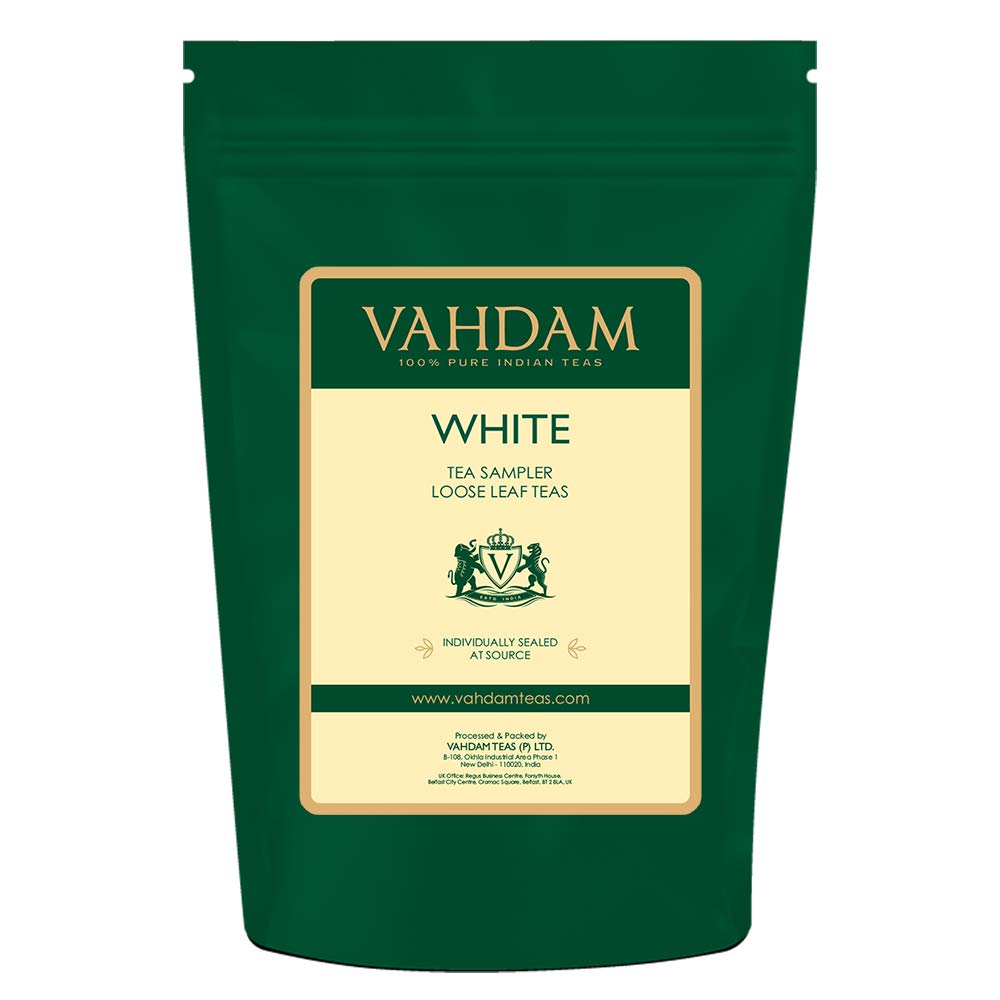
![Midori Spring Organic Ceremonial Matcha - Gold Class - 1st Harvest Premium Japanese Matcha Green Tea Powder [Certified Organic, Vegan, Kosher] (30g)](https://lolwowl.com/storage/2023/09/midori-spring-organic-ceremonial-matcha-gold-class-1st-harvest-premium.jpg)
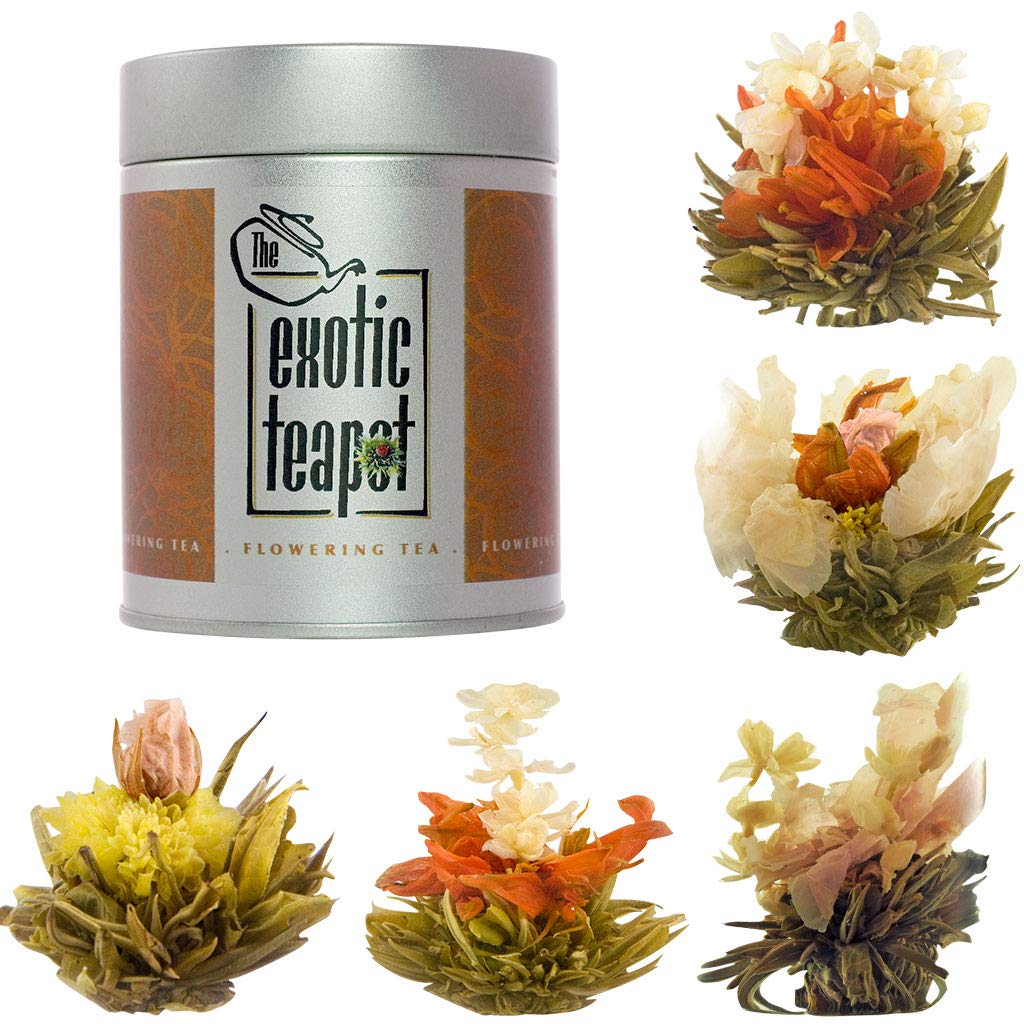
What is caffeine, and what will it do?
Caffeine is a natural chemical found in the leaf, fruit, and bean of over 60 plants, including tea plants.
It is a powerful stimulant in the nervous system used worldwide to improve alertness and combat tiredness.
It blocks the influence of a neurotransmitter called adenosine that increases your mood during the day.
Caffeine consumption also is related to a number of health benefits, including better mood, brain function, increased metabolism and improved training performance.
Many individuals can, however, be more sensitive than others to the impact of caffeine.
People who drink too much caffeine can experience restlessness, insomnia or an erratic heartbeat.
Does green tea extract contain caffeine?
You will find different views, but scientific evidence has shown that you have caffeine.
Whether it’s caffeine doesn’t matter. What makes it better than coffee is that it only covers a small amount of what many forms of coffee have. The underlying factor is generally that green tea extract is not completely free, as many people may think.
How much caffeine does green tea contain?
A cup of green tea extract contains on average 25 mg of caffeine. Depending on other matters, a cup of green tea extract may however contain between 15 mg and 75 mg or more. Some of these can include the nature of the green tea extract, the abundant colour and the preparation time.
The specific amount of caffeine you can see in green tea is another essential element that can influence this power. Some people may even combine it with other drinks that may contain a lot of caffeine. This can significantly increase your caffeine consumption.
It must be remembered that some forms of green tea can contain more caffeine than a standard cup of coffee. Knowing what sort of green tea you drink will help you determine how much caffeine you consume.
Is the caffeine a cause for concern?
- The safe limit for adults over the age of 19 is calculated to be around 400 mg / day or even six mg / kg / day.
- It is normally best to reduce the total dose you take to about 200 mg to avoid the adverse effects of caffeine.
- 200 mg of caffeine is 4, 8-ounce cups of green tea extract, which brings it within these limits by an8-ounce serving of green tea.
Less caffeinated compared to other drinks
- Many types of beverages which contain caffeine including coffee, black tea, soft drinks and power drinks.
L theanine amino acid, is in combination with caffeine. It results in a milder, type of viral buzz more than coffee, even with the low caffeine content.
- Caffeine combined with L-theanine has shown that it increases concentration and alertness, this would make green tea even alot better than coffee if you take for activities that require pure focus
Types of green tea extracts
Green tea extracts have been found in almost all parts of the planet, and the variety varies from region to region.
- Strong infusions
- Sweet extracts
- Dry extracts
- Partially Purified Extracts
All extracts are the same procedure, but they differ in type depending on the method of the alcohol consumed in the infusion. For example, a heavy infusion is achieved by the use of approximately 2% of weight products.
The distinction between green tea extracts differs from one part of the world to another and that several regions use different components instead of infusions in the classification. A perfect example of this green tea extract is from China, which is classified to be the most active growing tea region.
Reduce your caffeine consumption
The mere fact that this particular tea contains caffeine does not mean that you should give it up and give up any other benefits that it offers.
There are several ways to decaffeinate green tea or even reduce the amount of caffeine in your regular cup.
There is no known way to remove caffeine from tea altogether, although there are many useful ways to reduce it.
- The first and most important thing is to know your green tea. Younger leaf tea has more caffeine. So if you stay away from it, the amount of caffeine in it will be minimized.
You need to drink green tea that is low in caffeine. Various types of green tea are made to reduce the amount of caffeine they contain. These are, for example, such teas are Genmaicha and Bancha in Japan.
Decaffeinated green tea is not entirely free of caffeine, although it contains much less than standard green tea. There are, however, many theories that you’re able to decaffeinate your tea at home, but there is no scientific evidence to support it.
It is therefore highly recommended to purchase decaffeinated green teas.
- Drinking a blended green tea extract because it contains far less caffeine than a pure green tea extract. For example, it is known that lemongrass and green tea blends make up half of the unmixed green tea extract caffeine.
Preparation and planning will even help reduce the amount of caffeine in your green. People usually work a lot more with boiling water if they’ve been brewing their tea for 3 to 4 minutes, although this only increases caffeine.
- Instead, boiling water should be used to prepare the tea for a minimum of 30 seconds and a maximum of 4 minutes.
Avoid green teas such as matcha, which contain a lot of caffeine due to lack of sunlight. In particular, this tea responds to the lack of sunlight by increasing the number of chemicals such as caffeine.
Other important things you should know
- keep the number of cups, you drink consistent and substitute normal coffee, then you would easily decrease the caffeine consumption by 70%.
In addition to the caffeine, green tea has two additional stimulants, in particular theobromine and theophylline. We know that these 2 affect the heart rate this in turn can undoubtedly affect the nervous system as well.
- The preparation has a significant effect on the amount of caffeine in your tea.
Researchers believe that the high content of caffeine in the cultivation of green tea (Camellia Sinensis) acts as a natural defense against insects and herbivores. It’s linked to its bitter taste.
Within a 230 ml of serving found in green tea extract, the average caffeine amount is approximately 35 mg. Therefore, this can diffiritiate. The specific amount is around 30 to 50 mg per 8 ounces serving.
While caffeine is naturally found inside green tea, the total quantity mainly depends on the type of tea plant, its conditions, its preparation and development.
- For example, more mature leaf tea usually contains much less caffeine than younger leaf tea.
The amount of caffeine in your beverage may also be affected by the type of green tea you select and how it is prepared, e.g. teabags tend to contain caffeine compared to leaf teas.
This is because the tea leaves are crushed in tea bags, meaning that caffeine is absorbed and poured into the drink.
However, powdered green teas contain more caffeine than any green tea extract in bags and bulk.
Though, the dosage of powdered tea may be lower (one gramme or even half a teaspoon servings), so the quality of tea bags and Matcha tea powder may be the same.
The hotter the tea you drink, the more caffeine it contains.
Popular drink with many health benefits
Green tea has been related by scientific studies to boost brain function and mental aging. It may also reduce the risk of heart, type 2 diabetes, and cancer.
The green tea extract also contains a certain amount of caffeine. This can be a concern for people who care about their intake of caffeine or even want to reduce it.
Although caffeine is present, green tea is healthier than coffee. As long as you know how to minimize the amount of caffeine in your green tea, you will not be in worry of enjoying your morning cup of tea. Know that your health comes first and that the best way to do this is through a healthy lifestyle.

